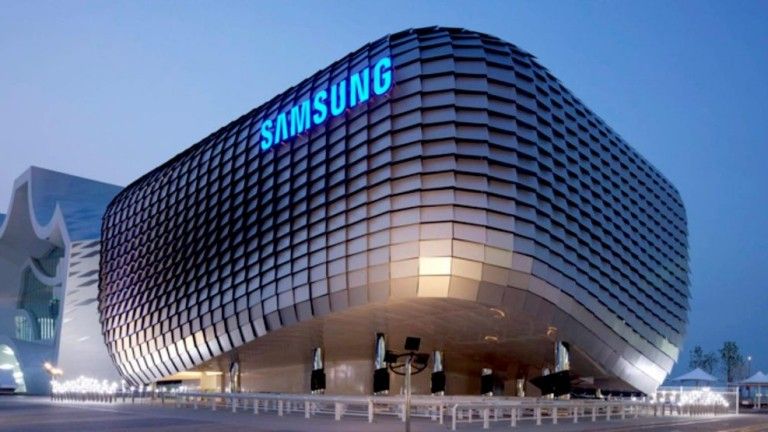Samsung Electronics, a South Korean electronics conglomerate, announced on Wednesday that it plans to invest around $230 billion in the country over the next 20 years to build five new semiconductor plants. The initiative is part of the government’s larger plan to invest nearly $422 billion in fields such as chips and electric vehicles.
According to Samsung, the new plants will be located near existing domestic factories. According to the company, the hub will produce both computer memory chips for storing data and higher-margin logic chips designed to perform a broader range of functions.
The company stated that it intends to expand its presence in advanced chips, anticipating that demand will skyrocket in the coming years as new technologies such as 5G wireless networks, artificial intelligence, and self-driving cars become more prevalent. The hub will also include rechargeable batteries, electric vehicles, robotics, displays, and biotechnology in addition to semiconductors.
South Korean President Yoon Suk Yeol described technology industries as “the country’s key economic growth engines and strategic assets that are also directly linked to job creation and livelihoods” in a meeting with economic policymakers and business leaders on Wednesday.
We will build the world’s largest new ‘high-tech system semiconductor cluster’ in the Seoul Metropolitan area based on large-scale private investment of almost 300 trillion Korean won ($400 billion), he added.
(South Korea) has world-class manufacturing capabilities and technologies in a variety of high-tech industries, including semiconductors, secondary batteries, and displays, but (government) support and regulatory conditions have been inadequate, according to a statement from the Trade Ministry.
South Korea’s plan comes at a time when other technology behemoths, such as the United States, Japan, and China, are ramping up domestic chip manufacturing, deploying protectionist measures, tax cuts, and sizable subsidies to entice investment.
The US Department of Commerce issued new rules in October 2022 prohibiting US companies from exporting to China the technology, software, and equipment used in the production of advanced computing chips and supercomputers. The measures also prohibit US citizens from assisting certain China-based chip companies without a US government license.
Earlier this month, the Netherlands joined the United States in its efforts to deny China access to critical equipment and software for expanding its semiconductor manufacturing capabilities in order to protect national security.
Around the same time, South Korea’s trade ministry raised concerns over the US policy on semiconductors calling the US a ‘tech hegemony’. The ministry said the Chips Act “could deepen business uncertainties, violate companies’ management and technology rights as well as make the United States less attractive as an investment option”.
Samsung, South Korea’s largest company, has seen its profit fall in recent months as a weak global economy, Russia’s war on Ukraine and high inflation have depressed demand for its consumer electronics and memory chips.
Profit for the three months ending December 2022 fell close to 70%, owing in part to a sharp drop in chip prices as clients adjusted their inventories to reflect economic uncertainty. Another major South Korean chipmaker, SK Hynix, reported an operating loss of 1.7 trillion won ($1.3 billion) for the October-December period, its first quarterly loss since 2012.











